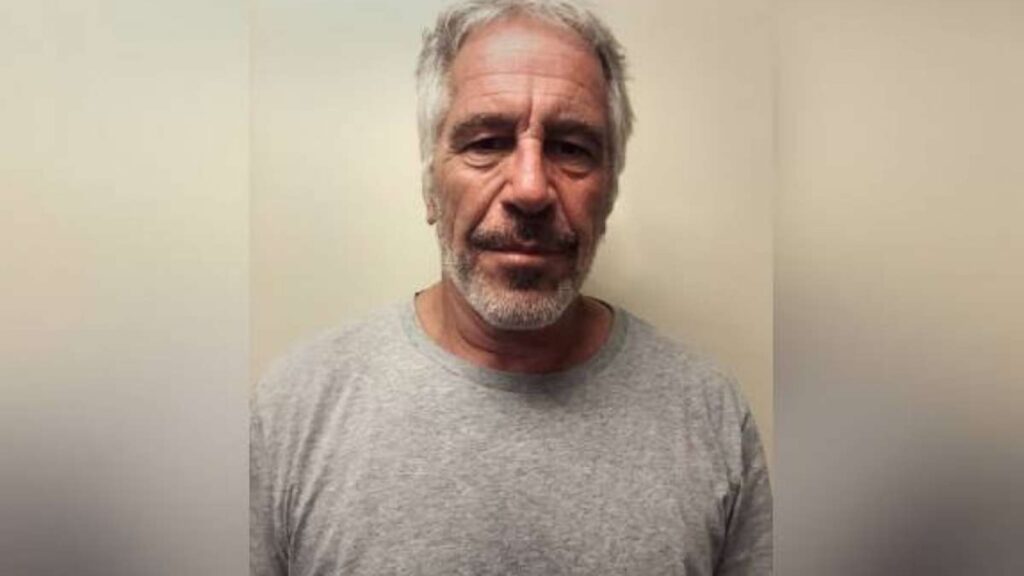
The Department of Justice (DOJ) and the Federal Bureau of Investigation (FBI) have concluded their investigation into Jeffrey Epstein, determining that no “client list” exists and confirming that Epstein died by suicide. This conclusion, detailed in a memo reviewed by ABC News, comes as a blow to conspiracy theories suggesting Epstein’s death was part of a larger cover-up.
The memo, ordered by the Trump administration’s DOJ leadership, states that investigators found no evidence of Epstein maintaining a list of associates for blackmail purposes. Additionally, the release of surveillance footage further corroborates the finding that Epstein’s death in a Manhattan jail cell in 2019 was a suicide.
Implications of the Investigation’s Findings
The findings are likely to provoke reactions from those who believed Epstein’s high-profile connections could be implicated in his criminal activities. The DOJ and FBI’s review concludes that no further charges will be pursued, as there is insufficient evidence to investigate uncharged third parties.
Attorney General Pam Bondi had previously committed to the public release of extensive records from the federal probes into Epstein. However, delays in releasing these documents have been attributed to the vast amount of video evidence in the FBI’s possession, some reportedly involving potential child pornography.
Public and Political Reactions
In February, Bondi distributed binders containing Epstein case files to pro-Trump social media influencers at the White House. This move surprised White House officials and disappointed some Trump supporters who anticipated more substantial revelations.
Despite promises of transparency, Bondi has faced criticism from Trump supporters regarding the delay in releasing the records. Speculation and conspiracy theories have long surrounded the Epstein files, with accusations of a government cover-up to protect powerful figures.
“Perpetuating unfounded theories about Epstein serves neither of those ends,” the DOJ memo states, emphasizing the government’s commitment to combatting child exploitation and delivering justice to victims.
Challenges in Document Release
President Trump has been questioned about the timing of the document release, with no clear answers provided. In a recent Oval Office exchange, Trump expressed uncertainty about the release schedule, stating, “I don’t know. I’ll speak to the Attorney General about that.”
Elon Musk, a tech billionaire, recently speculated on social media that the delay was due to Trump’s name appearing in the files. Musk’s posts, which he later removed, suggested a cover-up to protect the former president.
Trump dismissed Musk’s claims, calling them “old news” and reiterating that he had no significant association with Epstein for nearly two decades before Epstein’s death.
Internal Pressures and Future Releases
Sources indicate that Bondi has pressured FBI Director Kash Patel to review the remaining secret information related to Epstein’s case. The investigation involved a significant number of FBI agents, many typically focused on national security, to expedite the process.
In a March interview, Bondi acknowledged the pressure from Trump’s base to release more files. She confirmed that efforts were underway to make additional documents public, with Patel working on a timeline for the next release.
“We will get out as much as we can, as fast as we can to the American people,” Bondi assured.
Conclusion and Next Steps
As the DOJ and FBI’s memo circulates, the public and political discourse surrounding Epstein’s case continues. The investigation’s conclusion may quell some conspiracy theories, but questions remain about the extent of Epstein’s connections and the potential implications of unreleased documents.
With the DOJ and FBI committed to transparency, the next phase of document releases is anticipated, promising to shed further light on one of the most scrutinized criminal cases in recent history.





